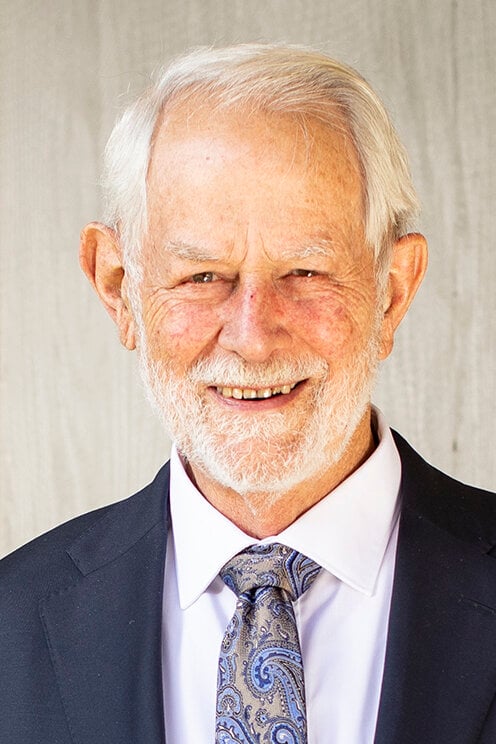Research integrity has been in the news lately, concerning low levels of replicability in some kinds of research, together with more intentional (but probably/hopefully less widespread) problems. Here's a forthcoming symposium:
Symposium on Integrity in Research
Place and time: hybrid event on November 24, 2021.
"Symposium topic: Research Integrity is a controversial topic within academia, but also in public discourse. Prominent cases of scientific misconduct capture the limelight, but recently a multitude of issues beyond the classical triad of plagiarism, falsification, and fabrication have taken center stage, many of which concern the quality and rigor of research and further challenge the trustworthiness of science. These include selective publication and file-drawer problems, various biases, as well as the general reproducibility or robustness of research results. At the same time, open, inclusive, and creative cultures of research in teams and organizations have been threatened by practices that prioritize outputs, as demonstrated by numerous examples of insufficient mentoring, unfair authorship practices, or intransparency about career progress for younger researchers. All these issues have long histories of discussions about improving scientific methods, however, views differ on how important these issues are, and whether all disciplines are affected equally. While some argue that there is only one scientific method, requiring universal standards for robust evidence, others emphasize the diversity of research cultures and the mutual criticism and learning that can result from this diversity.
"As scientific expertise becomes more important in and for the public, it becomes apparent that scientific findings are often provisional, subject to correction, and scientific experts may disagree. There are no simple either-or answers. While it seems indisputable that scientific evidence should be subject to the highest possible standards and be appropriate to the context, it is nevertheless necessary that these standards evolve as scientific methods and research questions progress. For urgent societal problems - such as pandemics - we may even be willing to lower these standards. For new problems, appropriate standards will only emerge after much experimentation and debate. The need for such constant debate is familiar to scientists, but can be disconcerting to the public. Standardization - both in the sense of setting standards and in the sense of homogenization - of research can therefore run the risk of undermining, rather than securing, the progress of knowledge. As a result, the integrity of research must remain a topic for debate, as it is expected to ensure both the robustness and innovation of research while meeting the expectations of different research cultures and the public.
"As a contested topic, research integrity encompasses a wide range of actors, platforms and organizations, policies and measures. The symposium will bring together participants from research, practice and policy to map this heterogeneous field, provide evidence of its effectiveness and analyze its (future) development.
"Keynotes and formats
"The symposium is organized as a hybrid event and will include keynotes by Professor Lorraine Daston (Max Planck Institute for the History of Science Berlin / University of Chicago) and Professor Dava J. Newman (Massachusetts Institute of Technology / MIT Media Lab).
"Other international and national experts will be invited together with the event's guests to discuss and reflect on the current state of research integrity and its future development. Interactive and inclusive formats connecting on-site participants and digital guests worldwide will ensure a sustained exchange on a topic of central importance for the future of science.
The symposium is organized in concurrence with the Einstein Foundation Berlin’s “Einstein Award for Promoting Quality in Research” that will take place later the same evening.
Registration, access and program
Participation in the symposium is free of charge. Further details on registration, access and the program of the event will be published on this page soon.
Contact Nele Albrecht, Scientific Coordinator for Research Quality Email: core@berlin-university-alliance.de



